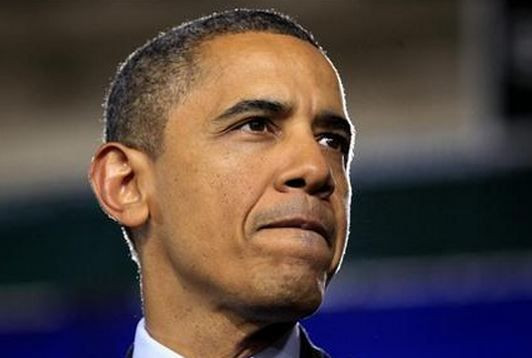Obama rebuffs U.S. spies’ request for unlimited access to encrypted smartphone data

The Obama administration has decided to deny U.S. spies and law enforcement agencies gaining unfettered access to encrypted personal data on smartphones, tablets and other electronic devices.
Analysts said President Barack Obama’s decision not to seek legislation to this effect was driven more by the concern giving U.S. law enforcers “back door” access to encrypted communications would open the country to more devastating cyberattacks from Chinese and Russian hackers, terrorists and criminal gangs.
The administration agreed with the contention of tech firms such as Microsoft, Apple and Google and top American cryptographers that millions of Americans stand to become more vulnerable to hacking if the government were given the source codes and encryption keys that can open personal messages and photos encrypted on mobile devices.
Tech firms have long fought the back door proposal on the grounds doing so would embolden China, Russia and other nations to emulate the U.S. action. Apple CEO Tim Cook told Obama the Chinese were waiting for the chance to use the administration action allowing back door penetrations to insist that Apple’s encrypted devices be accessed by the Chinese government, said the Seattle Times.
"We are actively engaged with private companies to ensure they understand the public safety and national security risks that result from malicious actors’ use of their encrypted products and services," said White House spokesman Mark Stroh, according to Reuters. "However, the administration is not seeking legislation at this time."
The massive Chinese hack of the Office of Personnel Management in which millions of confidential personnel records were stolen seems to have played a role in the administration’s decision to shut the back door to U.S. spy agencies. This episode proved the federal government’s inability to keep its records safe in the face of a determined cyberattack.
As can be expected, Obama’s decision didn’t go well with the Central Intelligence Agency, the National Security Agency, the FBI and a host of law enforcement agencies throughout the U.S. that argued back door access was necessary to stave-off Islamic terrorism, crime, state-sponsored spying and other threats.
The decision, which was made after a year of study, means the federal government is limited to convincing tech companies to assist in criminal investigations and those involving national security.
Contact writer at feedback@ibtimes.com.au, or let us know what you think below.





















